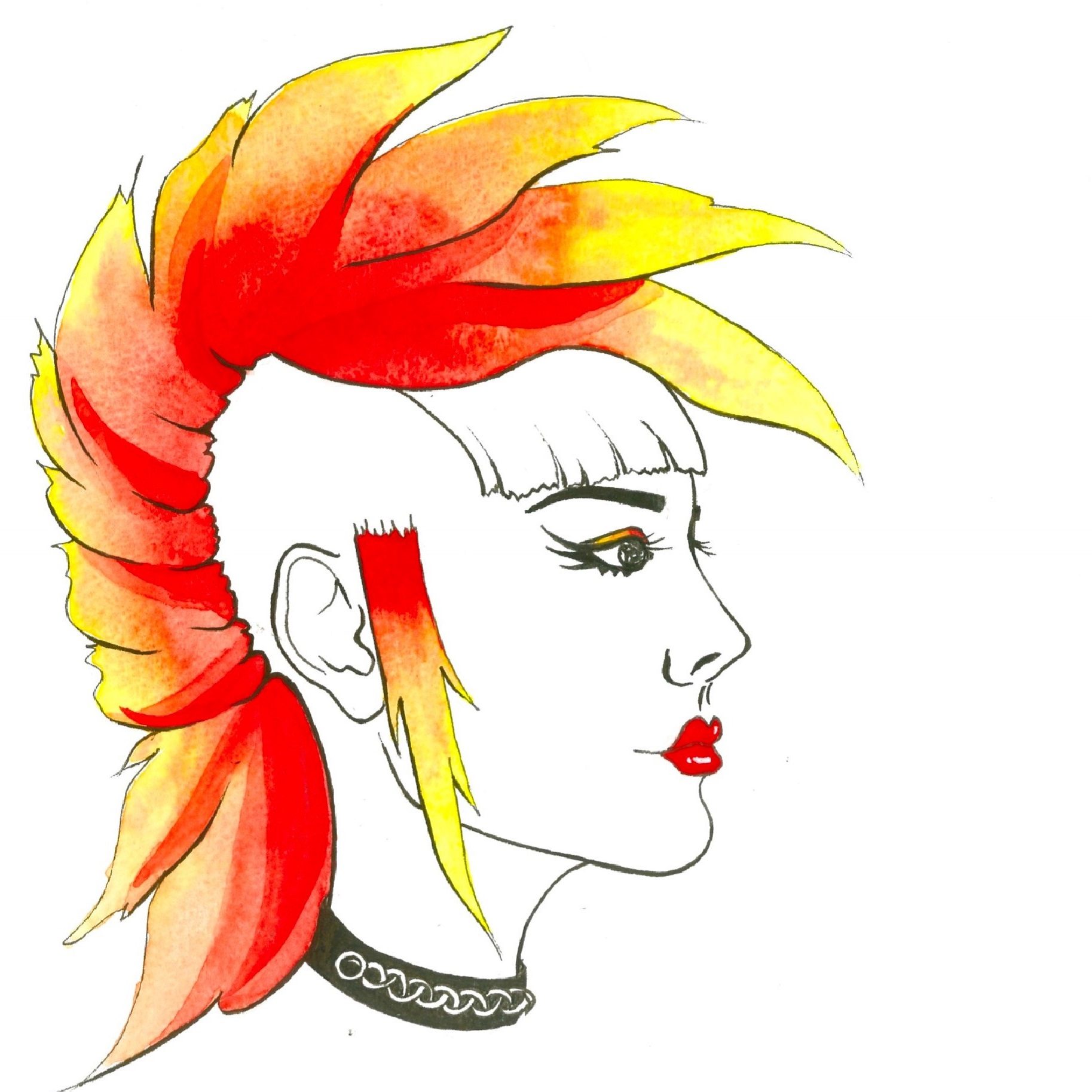Back then Arvo didn’t mind giving up real flights. He would much rather spend more time with his little daughter and the son that followed soon after. Life in Kihnu was heaven for him. It was quiet and calm; his hands were always busy repairing something or crafting wood. And his mind was free to travel the universe and explore the wonders that novels, films, and his own fantasy created.
His kids had a wonderful childhood. Kihnu was a small, safe paradise full of green nature, sandy beaches, and “Pippi Longstocking”-style wooden houses. Most of the island’s 700-something population were older people – and for the kids it was like having a hundred grannies, to give you love, share stories, and feed you candy.
Everyone in Kihnu would just walk into a neighbor’s house, as if it was their own. The kids spent whole days away and no one worried. They would look over the shoulder of the old women, while they weaved the traditional Kihnu skirt on a manual loom that was at least a hundred years old. Each skirt would tell a story, like the age of the woman who wore it, if she was married or just lost a husband. The women of Kihnu were a breed of their own:
You would hear them before you saw them when you arrived at Kihnu’s vertiport. While you stood there in the green grass and breathed in the fresh air, you would hear them coming.
Then you would look down the road that was cut through the deep forest and you would see a granny, complete with traditional, colorful costume and a bright red headscarf, like the grandma in “The Little Red Riding Hood”. And she would be driving a soviet-era, black motorcycle with a sidecar.
Granny would come to a screeching halt, right next to you and invite you to take a seat in the sidecar. “Take your luggage on your knees, darling,” she’d say. Then grass and sand would start flying as she raced back onto the road to the summer vacation home that you rented. The smell of rapeseed oil would hang in the air after she left, and you would feel a sudden desire for a fresh salad.
